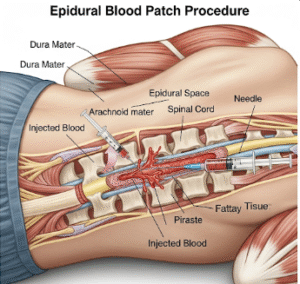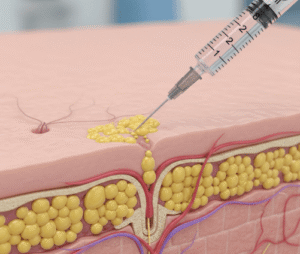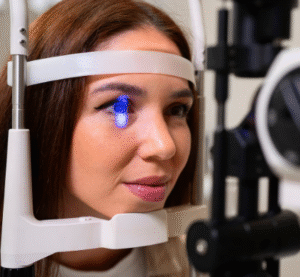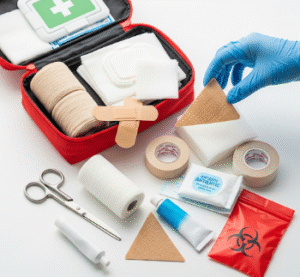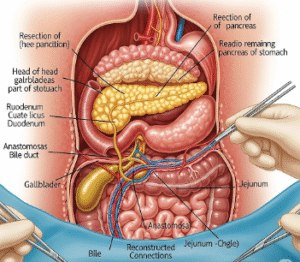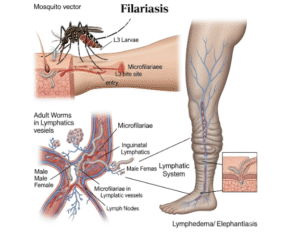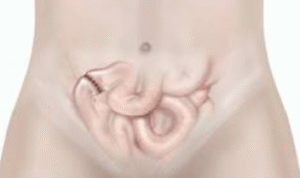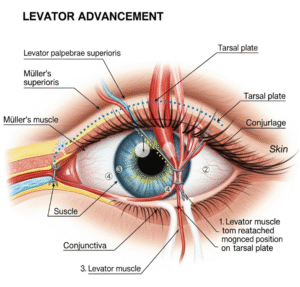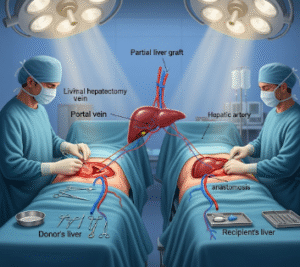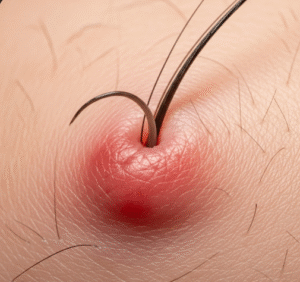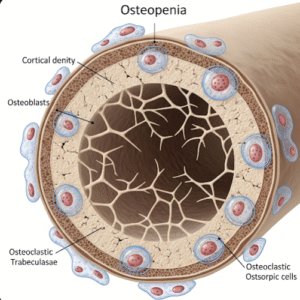Acute Glomerulonephritis
Overview
Acute Glomerulonephritis (AGN) is a sudden onset of inflammation in the glomeruli—the tiny filtering units within the kidneys. This condition can impair the kidneys’ ability to filter waste, excess fluid, and electrolytes from the blood. AGN may occur after infections, autoimmune responses, or due to systemic diseases, and it can affect individuals of all ages, though it is more common in children and young adults.
Prompt diagnosis and treatment are essential to prevent kidney damage and associated complications.
What is Acute Glomerulonephritis?
Acute Glomerulonephritis is a kidney disorder involving inflammation of the glomeruli, leading to sudden kidney dysfunction. The glomeruli are essential for filtering blood and producing urine. Inflammation damages their structure, leading to leakage of blood and protein into the urine.
AGN can be primary (originating in the kidneys) or secondary (due to other systemic diseases like lupus or post-infectious processes).
Symptoms
Symptoms can range from mild to severe, including:
- Dark or cola-colored urine (due to blood)
- Foamy urine (due to excess protein)
- Swelling (edema), especially in the face, hands, feet, or abdomen
- Decreased urine output
- High blood pressure
- Fatigue
- Shortness of breath (from fluid buildup)
- Headache
In children, swelling around the eyes is often one of the first signs noticed.
Causes
AGN may develop from a variety of causes:
1. Post-infectious causes:
- Streptococcal infections (e.g., strep throat or impetigo)
- Bacterial endocarditis
- Hepatitis B or C
2. Autoimmune disorders:
- Lupus nephritis
- IgA nephropathy (Berger’s disease)
- Goodpasture’s syndrome
3. Vasculitis-related diseases:
- Wegener’s granulomatosis (GPA)
- Henoch-Schönlein purpura
4. Other conditions:
- Rapidly progressive glomerulonephritis (RPGN)
- Certain medications or toxins
Risk Factors
Individuals with the following risk factors are more likely to develop AGN:
- Recent bacterial or viral infection
- Autoimmune diseases
- Family history of kidney disorders
- Uncontrolled hypertension
- Exposure to toxins or certain medications
- Children, particularly those between ages 5 and 15 (for post-streptococcal glomerulonephritis)
Complications
If not properly managed, AGN can lead to serious complications:
- Acute kidney failure
- Chronic kidney disease
- High blood pressure
- Electrolyte imbalances
- Nephrotic syndrome
- Heart failure (due to fluid overload)
- End-stage renal disease (ESRD) requiring dialysis or transplant
Prevention
While not all causes can be prevented, some preventive strategies include:
- Treating streptococcal infections promptly with antibiotics
- Practicing good hygiene to reduce infection risks
- Managing chronic diseases like diabetes and lupus
- Avoiding nephrotoxic drugs without medical supervision
- Regular blood pressure monitoring
- Vaccinations to prevent certain infections (e.g., hepatitis B)
Treatment Options Korea
1. Hospital Admission and Monitoring
- Hospitalization may be required for moderate to severe cases
- Monitoring of blood pressure, urine output, electrolytes, and kidney function
2. Supportive Treatment
- Fluid and salt restriction to manage edema and hypertension
- Diuretics (e.g., furosemide) for fluid overload
- Antihypertensives (e.g., calcium channel blockers, ACE inhibitors)
3. Antibiotic Therapy (If Infection-Related)
- If AGN follows streptococcal infection, appropriate antibiotics (e.g., penicillin or amoxicillin) are given
- Used to eliminate residual infection, not to reverse kidney damage
4. Immunosuppressive Therapy
- Used in immune-mediated AGN (e.g., lupus nephritis, IgA nephropathy, rapidly progressive GN)
- May include corticosteroids, cyclophosphamide, or mycophenolate mofetil
- Managed under nephrology or rheumatology care in Korean hospitals
5. Dialysis (If Needed)
- Temporary hemodialysis for severe kidney failure, fluid overload, or uremia
- Available in most tertiary care centers
6. Long-term Follow-Up
- Regular follow-up with nephrologists to monitor kidney recovery
- Urinalysis and renal function tests
- Education on low-salt, renal-friendly diet and blood pressure control
Final Thoughts
Acute Glomerulonephritis is a serious but manageable condition when detected early. Quick treatment of infections, control of chronic diseases, and close monitoring can significantly reduce the risk of long-term kidney damage. Patient education and routine checkups play a vital role in ensuring recovery and preventing recurrence.


